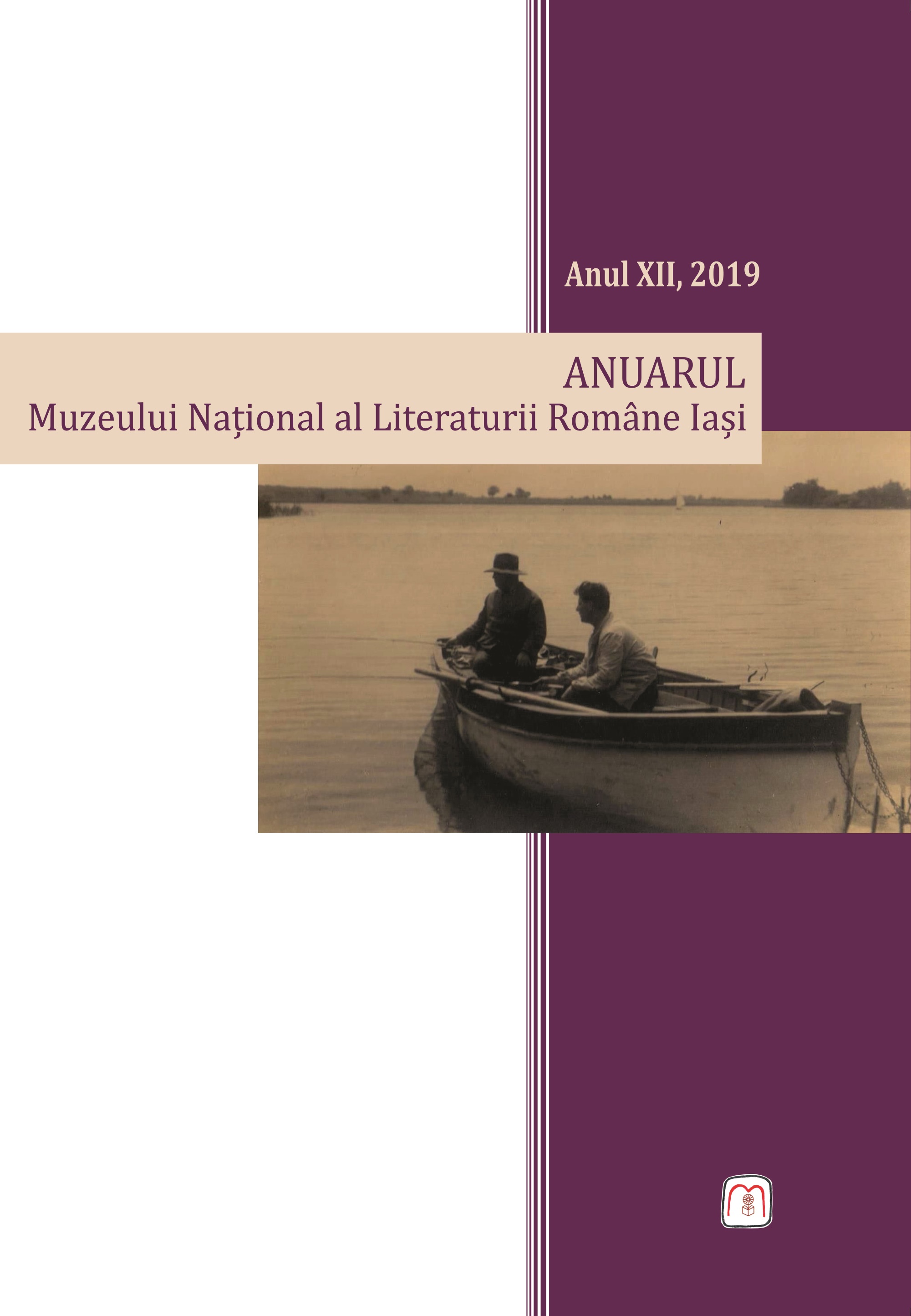Valori ale patrimoniului muzical folcloric bucovinean:
familia Flocea-Grosu din comuna Pojorâta, județul Suceava
Values of Folk Music Heritage in Bukovina:
the Flocea-Grosu Family from Pojorâta Commune, Suceava County
Author(s): Irina Zamfira DănilăSubject(s): Museology & Heritage Studies
Published by: Editura Muzeelor Literare
Keywords: The Flocea-Grosu family; musician; instrumental folklore music; Pojorâta;Bukovina;
Summary/Abstract: This article presents the evolution of the Flocea-Grosu family, a representative family of musicians from the village of Pojorâta, Suceava county. The oldest member of this musical family is Gheorghe Flocea, born in 1890; he was a virtuoso of the shepherd’s pipe without a stop. In the interwar period, Gheorghe Flocea, Nicolae Zlăvoacă (violin players), Ilie Flocea second violin (“hang” player) and Ștefan Porcinescu (kobza player) started performing as an ensemble at the village round dance “hora”, at weddings, christening parties and on feast days in Pojorâta and the neighbouring villages. The repertoire of this group of self taught musicians consisted mainly of local or regional dance melodies that were not created to be performed on special occasions: Ciobănașu / The Little Shepherd, Trilișești / Three Polish Style Melodies, Ardeleana / The Dance after the Transylvanian Manner, Fudula / The Prig Maiden, Coasa / The Scythe, Cioful / The Straggly, as well as dance melodies created for various customs including animal-like masks (the Goat), as well as ritual melodies for wedding ceremonies (“The Bride’s Rueful Song” – Sweet Bride, Make Your Farewells) a.o.After the Second World War, the Flocea band’s activity was continued by four of Gheorghe Flocea’s sons, who were very talented and musical: Octavian (playing first violin – “primaș”), Darie (second violin – “hang”), Ion (kobza player) and Dragoș (viola – “braci”). They learnt the folk repertoire via oral tradition; it consisted of dance melodies they learnt from their father, which they performed at village feasts, as well as at certain local festivals and some artistic events required by the National Festival “Cântarea României” / “Singing Romania”, that was specific to the communist regime before 1989.The next generation of musicians, active starting with the 80’s, included Gheorghe Flocea’s grandsons. Dumitru, Octavian Flocea’s son, played the violin and the drum, while Elena, sister of Dumitru, married Grosu, sang and played the violin. Darie Flocea’s son, Marcel, played the drum. Elena Grosuʼs two sons continued the musical tradition up to the present: Romeo Constantin Grosu (born in 1974) and Alexandru Mihai Grosu (born in 1986), both becoming professional musicians with specialized studies. The fourth generation of musicians is represented by Teodora Grosu, the daughter of Romeo Constantin Grosu, who is a pupil and plays the naï (Pan flute).
Journal: Anuarul Muzeului Naţional al Literaturii Române laşi
- Issue Year: XII/2019
- Issue No: XII
- Page Range: 108-123
- Page Count: 16
- Language: Romanian

